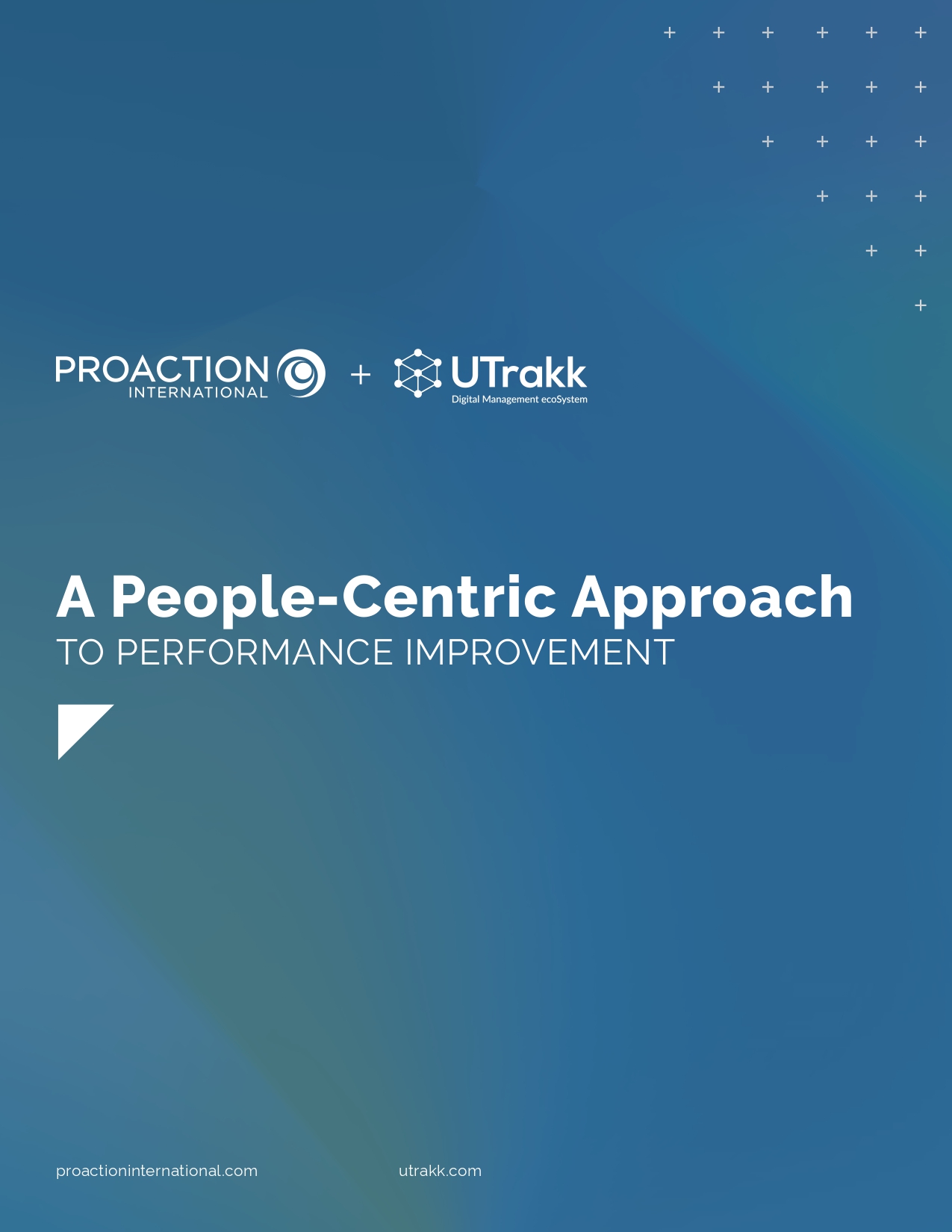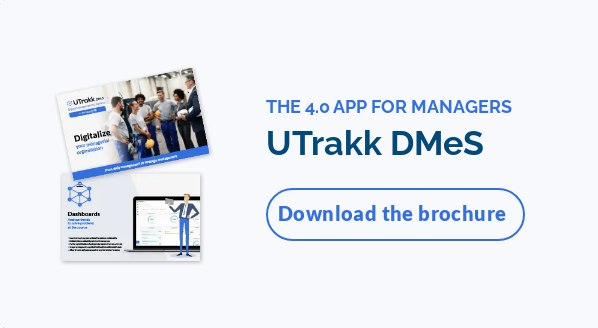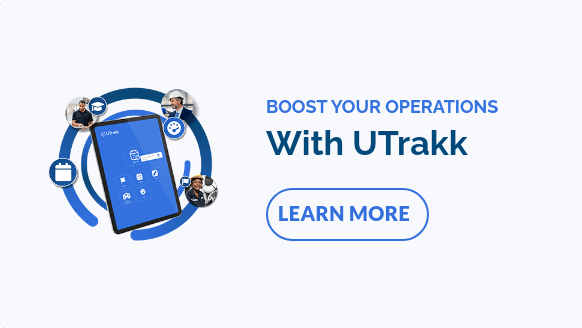Here are some inventions that either protect or optimize our lives: the motorcycle helmet (Cairns among others, 1940) the retractable seat belt (Shelden, 1955) the personal computer (Perotto, 1964) the Roomba (iRobot robot sweeper, 2002). Several decades later, these objects are part of our daily lives, and it would be hard for us to conceive of a world in which they did not exist.
From a societal point of view, helmets and seat belts have a positive effect on the safety of individuals. They save lives and are mandatory (which is a good thing!). As for the computer or the Roomba, the goal is to save time in our daily lives (i.e. being more productive) and although they are not mandatory, they are a huge help!
For the sake of this article, let's consider the fact that some objects are mandatory while others are not.
Although it is impossible to know how many people do not wear their seat belts (or the number of tickets related to this offense), it is estimated in Quebec that 350 lives could have been saved in 2016 had the victims worn their seat belts. In some US states, it is not mandatory to wear a helmet when riding a motorcycle. Yet we see many motorcyclists with their hair in the wind. Why? What is the advantage of not wearing a helmet or seat belt? Why would we take such a risk with our lives? Because it's sexier? Because it's my right? The question should be: is the risk really worth it?

Whilst it is almost inconceivable today to be unable to connect to the Internet (4.6 billion humans are active Internet users), in 1990, only 140 million people owned a computer. This figure has increased 10-fold in 30 years.
How to qualify those people who owned a computer in 1990? Pioneers? Visionaries? What about people who didnt own them? If you could be one of the first to get on board today with a new emerging technology that will become ubiquitous in 2030, would you do it?
Daily Management System: the ultimate performance-enhancing helmet for today's manager
For the past 20 years, our organizations have been investing a lot of money in technologies (ERP, MRP, WMS, CRM, etc.). All these technologies allow us to properly organize information and thus reduce the risk of losing data, knowledge, or other assets. Just like the helmet, they provide key protection where it matters.
However,the manager has always been the poor relation in terms of technological investment. Yet, it is the manager, the one accountable for an organizations performance, who usually must do without the tools, helmet or armor that can ensure that the performance the life of the organization, is not put at risk.
Therefore, we ask you the following questions: do your managers wear their helmets? Do they have access to a helmet? What about a Roomba? Or do you prefer to take an organizational risk by leaving everyone free to choose, or worse, by not providing them with the necessary technology?
To ensure that our manager is well-equipped and able to support long-term performance, a Daily Management System is the first step in the right direction. The manager automatically becomes better and more efficient. The DMS is the managers Roomba, helmet, and seat belt. It allows the manager to guide and structure their daily life, to highlight the optimization of their time, to capture and manage gaps in real-time, and even prevent gaps in the first place thanks to ever more fluid communication. The DMS allows the manager to take or escalate necessary actions, to generate continuous improvement while ensuring synergy between the different departments and the hierarchical levels of your organization.
In short, the Daily Management System is the ultimate helmet for the effective manager of today and tomorrow. For the continuity and survival of the organization, this helmet is mandatory.
This article was written with the invaluable assistance of Michel Coupal, Director of Research and Development atProaction International.
Want to make your managers more efficient?
Offer your managers a Daily Management ecoSystem to automatically make them better and more efficient. Our experts will implement UTrakk for quick adoption by your teams.









